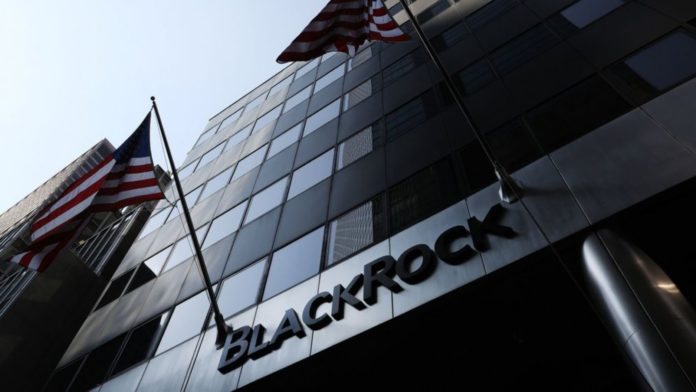The intersection of traditional finance and the emerging cryptocurrency sector is witnessing a significant development. The focus is on the ongoing dialogue between the U.S. Securities and Exchange Commission (SEC) and BlackRock, the financial behemoth on Wall Street, regarding a potential spot Bitcoin Exchange Traded Fund (ETF). This conversation is more than just regulatory banter; it represents a pivotal moment in the mainstream acceptance and investment in cryptocurrencies.
When BlackRock, a name synonymous with financial power, filed its application for the iShares Bitcoin Trust in June, it set off ripples in the Bitcoin price, underscoring the profound impact such a move has on the market. This isn’t just another financial product. It’s a potential milestone, positioning Bitcoin as a key player in the broader investment landscape.
Traditionally, the SEC has approached spot Bitcoin ETF applications with caution, often rejecting or delaying them due to concerns over market manipulation. BlackRock’s entry into this space, however, is different. Their application includes a sophisticated mechanism for monitoring trades, which could potentially address these concerns, signaling a possible shift in the SEC’s stance.
The implications of an approved Bitcoin ETF, especially from a company as influential as BlackRock, are substantial. It’s anticipated to trigger a surge in institutional investments into Bitcoin, solidifying its status in the financial world. Bitcoin’s recent climb to around $42,000 can be partially attributed to these optimistic expectations.
As analysts pore over the prospects, there’s buzz about a potential flurry of ETF approvals coming as early as January. This period coincides with the SEC’s decision deadlines on other major applications. The SEC, known for its equitable approach, might choose to approve a group of ETFs together to maintain market fairness.
Despite the excitement, the market’s reaction to these potential approvals remains a topic of contention. While some predict a boost in Bitcoin’s value, others, like JP Morgan analysts, warn of possible market saturation or profit-taking following the approvals. This, coupled with conflicting signals from the Federal Reserve on interest rate policies, adds to the market’s unpredictability.
Yet, despite these short-term uncertainties, the long-term outlook for Bitcoin looks promising. The approval of a spot Bitcoin ETF, particularly one backed by BlackRock, would open the door for substantial institutional investments. This development could far outweigh any temporary market fluctuations.
Looking ahead, other positive narratives for Bitcoin are on the horizon, including the anticipated BTC issuance rate halving and the potential election of pro-crypto candidates in the U.S. These factors, combined with the increasing institutional interest in Bitcoin, paint a bright future for this pioneering digital currency.
In essence, BlackRock’s venture into the Bitcoin ETF arena, especially with the SEC’s approval, could mark a turning point for cryptocurrency investments. This move signifies not just a shift in institutional perspectives towards Bitcoin, but also heralds a new era of regulated, mainstream crypto investments. As the crypto community and investors eagerly await the SEC’s decision, it’s clear that the landscape of cryptocurrency is poised for a transformative evolution.















